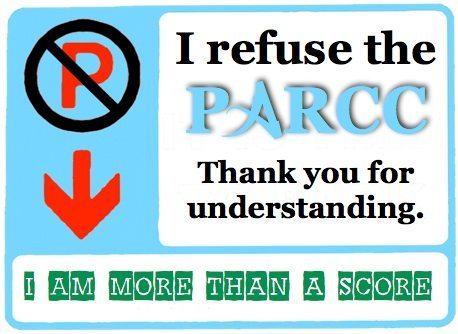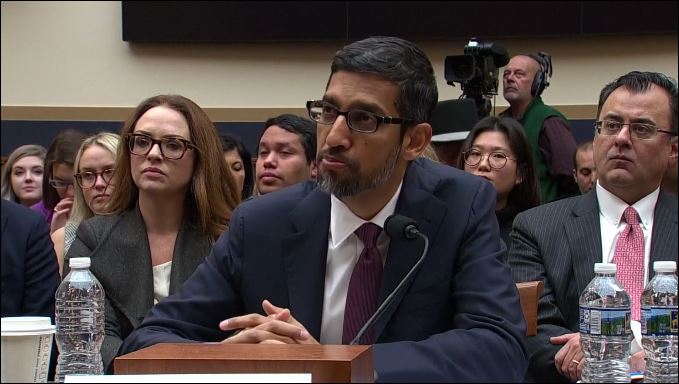Another week, and more snow is expected in the northeast. There’s more over the PARCC testing storm as well, but this time, there is a ray of sane sunshine.
Here in New Jersey, State Assemblyman Patrick Diegnan Jr. (D-Middlesex), chairman of the Assembly’s education committee, has introduced a bill that would detail a procedure for how parents could opt out of the tests. He’s working on another bill that would delay the use of the tests to evaluate students and teachers for up to three years. Not that using tests for such evaluation is ever a good idea, whether it’s now or in 2018, but a delay might give testing opponents, which include most educators who work in classrooms, an opportunity to put the movement out of our misery.
The other good news is that another bill sponsored by state Assemblyman David Rible (R-Monmouth) would put limits on how student data is used and disseminated. The Christie administration has said that student privacy protections are in place, but that’s quickly becoming the most laughable line in any industry, much less in education. See Target, Home Depot, and anyone involved in The Interview. Plus, Christie can’t even keep his political operatives from talking about their political contretemps. How is he going to safeguard the privacy of all the schoolchildren in New Jersey?
New FAQs about the PARCC tests released by the state Department of Education do say that the tests are not mandatory even though many districts are sending the implicit message that they are. Other districts and organizations are sponsoring evenings where members of the community can come and take a sample test to see what their children will experience. These evenings are being presented as informational sessions, but clearly if parents don’t like what they see, they could take action.
Right now, the opt-out movement is small, but it is growing. As we get closer to the March administration, I would expect that more parents will take their children out of the tests. There might even be more opt-outs after the March tests once students go home and tell their parents/caregivers about their experiences. The final administration is in late April or early May.
For all the talk about the procedural aspects of PARCC, the real issue is what the tests actually measure and whether students are doing their best, either because they’ve decided that they don’t want to bother or are flummoxed by technology issues.
These are high stakes tests for only one group: teachers, because student scores can determine whether one is retained or fired. The ultimate irony is that the people who will be most affected will be the ones with the least amount of control on test day.
For more, go to www.facebook.com/WhereDemocracyLives or Twitter @rigrundfest









